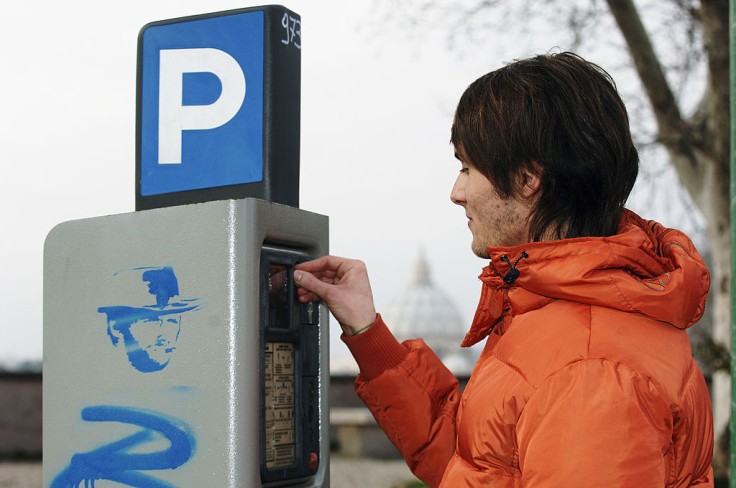
Have you recently scanned a code to pay your parking fees? US Police warned people of QR code parking scams that are placed on parking meters.
If you have been victimized, the Federal Trade Commission advises you to report this phishing attack.
QR Code Parking Scam
Police in numerous US cities have issued warnings to people about using QR codes to pay for their parking. This is because scammers have placed these codes there to lure you and obtain your financial information, per The Verge.
Over the Christmas season, The Over Spill first reported that authorities in Austin and San Antonio have issued the said warnings.
According to the police, several stickers with fake codes were discovered on parking meters, and a report by a local news site showed how one of the bogus numbers linked customers to a website offering "rapid pay parking."
In the Twitter post from Austin Police Department, one of the concerned citizens replied to the post advising people to check the QR codes first before scanning it out.
Like I've said before... https://t.co/ASCVyok6CV
— Joel Latto (@joellatto) January 10, 2022
Meanwhile, the said local news site added that these QR Code parking scams were spotted in several downtown locations. The said locations are 900 McKinney north side of the block, 1000 McKinney north side of the block, 1300 Polk south side of the block, and 600 Polk north side of the street.
In addition to this, in late December, Austin Police uncovered over 100 QR Code parking scams with similar stickers.
On the other hand, QR codes, formerly seen as an out-of-date technology, have been increasingly visible in the West in recent years. These two-dimensional barcodes may carry data pieces and are mostly used to link you to a specific URL.
The Verge added that QR codes are also used for numerous digital payments in Asia for years.
Despite being an out-of-date technology, these were used in the West during the COVID-19 outbreak, linking you to restaurant menus, reporting vaccination status and checking in to places.
The convenience of QR codes, which stands for "quick response," is counterbalanced by their lack of security. The code itself cannot be hacked, but it may be used to lead you to a phishing attack, including the parking meter scam.
What to Do If You've Been Victimized by QR Code Parking Scam
It is worth noting that the city of Houston clarified that they do not utilize QR codes on any on-street parking pay stations, and they do not accept QR code payments.
Some of the payment methods accepted for the parking meters are coins, bills or credit cards.
For this reason, police advised that anyone who unintentionally put their credit card information into one of these sites to report it to the authorities and contact their card vendor to have any charges canceled.
Moreover, the best solution to avoid these scammers is to double-check the URL of the website you have been sent to and look for any incorrect spellings or unprofessional designs.
In the case of parking fees, search for certified applications that are regularly used in US cities.
Federal Trade Commission (FTC) also advised you to report any phishing scams in case you have been victimized. Through this, the information you reported could help track down these scammers and prevent them from doing it again.
For email phishing scams, FTC recommends sending the email you have received to the Anti-Phishing Working Group at reportphishing@apwg.org. While for the text message phishing attacks, FTC stated that you should forward it to SPAM (7726).









